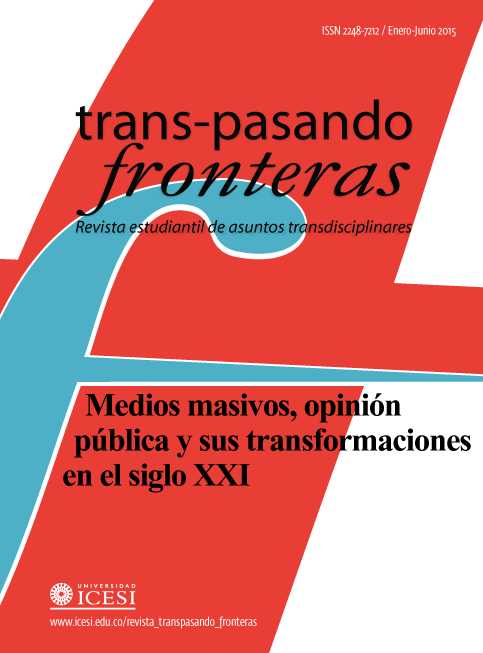The establishment of nationalism as a state policy during the government of Col. Rafael Franco (1936 and 1937)
DOI:
https://doi.org/10.18046/retf.i7.1589Keywords:
Nation, Nationalism, Nationalist Ideology, Patria,Abstract
The new regime that emerged after 1936 introduced a nationalism that aimed to awaken national pride, a pride hurt, engendered in the defeat of the War against the Triple Alliance. This awakening was to return to the past to project into the future. This nationalist ideology used to the Nation as an instrument of political and historical awareness, setting up a new political landscape printed new life into Paraguayan politics. Nationalism implemented as State Policy had profound implications for the country and affected various areas of national life. The new regime established after the Revolution of 1936 adopted nationalism as State Policy, turning away from gravitating element in the political system. The adoption of nationalism involved a review of the national past, in order to claim figures of national history that had been humiliated and forgotten by the political model implemented in the country after the completion of the Triple Alliance War, from being considered from there, the governments of France and Charles A. Lopez, as role models, to consider their governments, as paradigms to mimic and allow the triumph of nationalist military political imaginary, that years later, will be transformed into Catholic and red.
Downloads
Downloads
Published
Issue
Section
License
Trans-pasando Fronteras provides immediate open access to its content on the principle that making research freely available to the public supports a greater global exchange of knowledge.
© Authors hold copyright and publishing rights without restrictions but in accordance with the CC license.
All the material in this publication can be reproduced as long as reference is made to title, author and institutional source.







